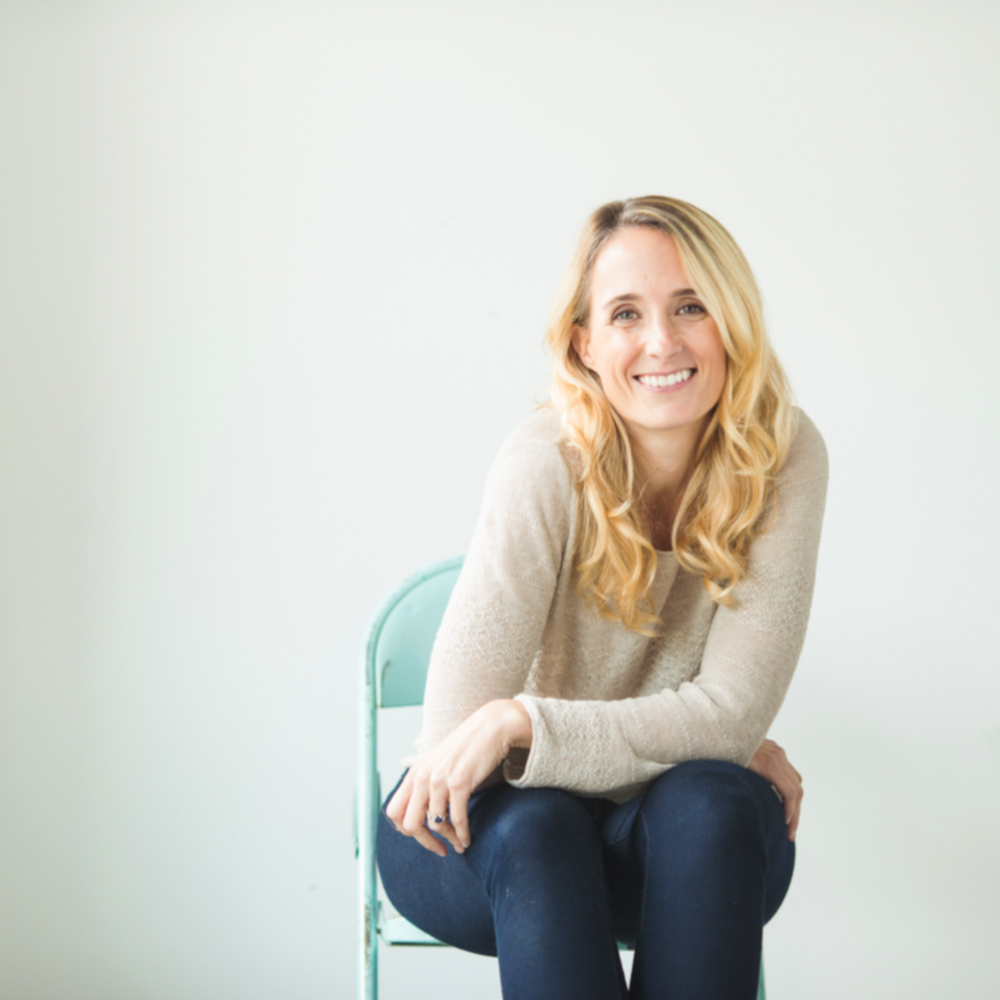Julie’s Top 5 Tips for Relieving Stress –
- Be in the moment and tackle what’s in it.
- Self-care! (Whatever that means to you: tend the cactus garden, go for sushi, or if you’re Julie, a wee 25 km run across Black Tusk.)
- You know it’s coming…know what works for you. Plan ahead for stress.
- Find your strengths.
- Don’t compare yourself to others. When we do, we lose track of what makes us great.
Julie’s Top 3 SOS Tips (Supporting Other Students)
- Advice not required. Be a good listener.
- Remind people of their self-care.
- Become a good referral service. Whether that be suggesting your friend take a yoga course or a seat in the (huge and comfy) counselling chair in Julie’s office—it’s not up to you to fix the woes of the world.
What Julie does for the Quest community: Supervises the health clinic, supervises the interns, counsels students, writes (policies and the Stall St. Journal)
What Julie does in fewer than 10 words: Makes sure health & wellness is a priority on campus
Busiest time of year for counselling services: November. Students are deep into Third Block with a long way to go before spring.
Question: How can sport impact body positivity? (Instead of, What does my body look like?, ask yourself, What am I capable of doing with my body?)
Favourite quote: You are braver than you believe, stronger than you seem, smarter than you think, and more beautiful than you could ever imagine.
Passion: Ultras. For those uninitiated, that’s any footrace longer than a marathon. Not necessarily racing for Julie, though. Sometimes it’s just a three-day adventure into the backcountry with a pal, 50 km at a time, and seeing where they end up!
Why Quest, Julie? I love working with university-age people. They are resilient. They are open to learning new tools. They are willing to make changes. At Quest, 60% of students have seen a counsellor. I think that’s a good sign that Quest students prioritize their mental health. With everyone living on campus, we are in a type of family system. We impact each other. We learn to support each other. We find out how to contribute our strengths and value the areas we can grow.

